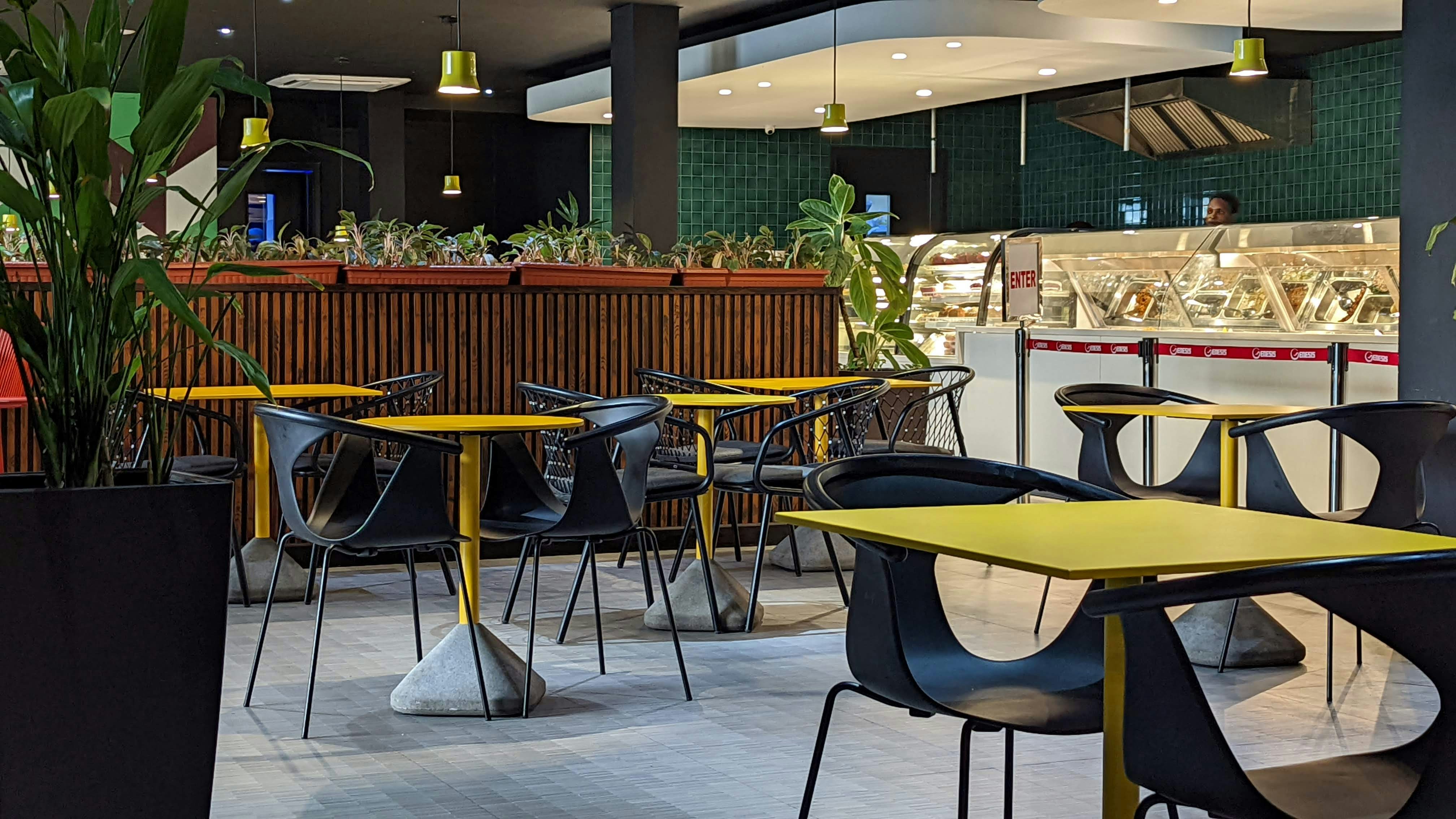Understanding Seasonality Trends in Restaurant Operations Post-COVID
Explore how post-COVID dynamics, like extended vacations and work-from-home trends, are impacting restaurant seasonality trends and operations.

Photo by the blowup on Unsplash

Photo by the blowup on Unsplash
The Impact of Chipotle's Burrito Season on Operations
Chipotle's successful second quarter results were significantly influenced by its 'burrito season,' a period from March to May characterized as the peak sales season for the chain. The company's strategic focus on this season has led to remarkable outcomes, such as record-breaking sales and digital engagement on National Burrito Day. This emphasis on burrito season not only drives revenue but also allows Chipotle to better manage its operations by anticipating and meeting increased demand during this period.

Photo by the blowup on Unsplash
Consumer Behavior Shifts Post-COVID
Post-COVID, there has been a noticeable shift in consumer behavior impacting restaurant seasonality trends. With more consumers taking longer vacations compared to pre-pandemic times, traditional summer patterns are evolving. The Chipotle example of moderating comparable sales in June and July highlights this change, indicating a 'seasonal move with the summer change of behaviors.' Understanding these shifts is crucial for restaurants to adapt their operations and offerings effectively.

Photo by the blowup on Unsplash
Extended Vacation Periods and Seasonal Predictability
Chief Financial Officer Jack Hartung's observation of consumers vacationing longer post-COVID underlines the challenge in predicting seasonality trends for restaurants. Extended vacation periods, with consumers gravitating towards independent dining concepts while away, contribute to the unpredictability in sales patterns. The elongation of traditional holidays and the blending of work-from-home practices further complicate forecasting for restaurant operations during these periods.

Photo by the blowup on Unsplash
Work-From-Home Impact on Seasonal Sales
The burgeoning trend of remote work, accelerated by the pandemic, is another factor influencing seasonal sales for restaurants. With a significant portion of the workforce now working from home either permanently or on a hybrid schedule, the lines between weekdays, weekends, and holidays have blurred. This phenomenon directly affects consumer dining behaviors and adds a layer of complexity to anticipating seasonal fluctuations in restaurant operations.
